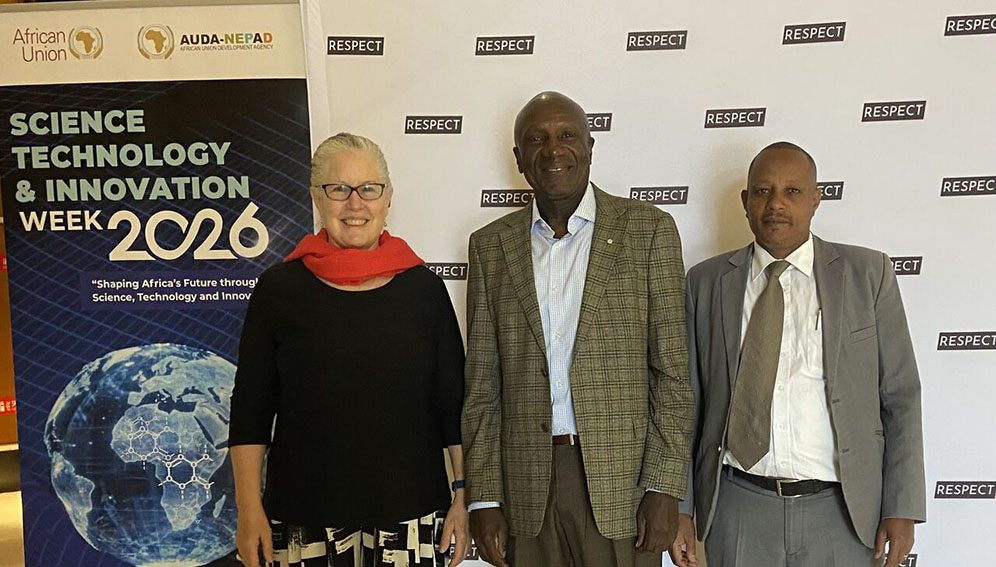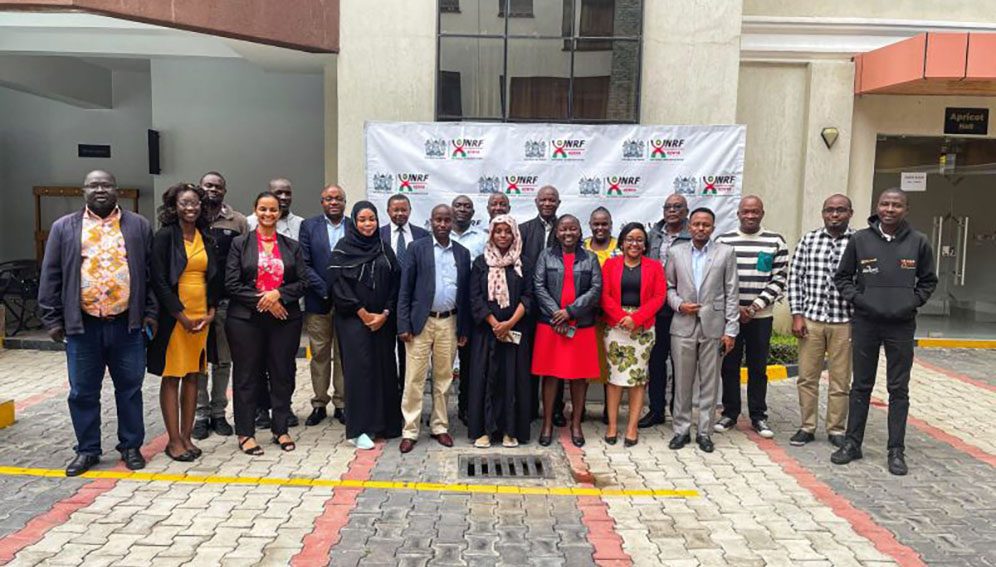SGCI News
Countries in sub-Sahara Africa are making significant strides in development thanks to increased uptake in research and development that seeks to raise the quality of lives through social and economic…
Countries in sub-Sahara Africa are making significant strides in development thanks to increased uptake in research and development that seeks to raise the quality of lives through social and economic improvement.
In line with efforts to meet Sustainable Development Goals, institutions of higher learning in these countries are undertaking various research projects basing on promoting science, technology and innovation.
Link to more
Related News
SGCI phase 3: USD 42M boost for Africa’s STI agenda
It was an exhilarating moment as the Science Granting Councils Initiative (SGCI) Phase 3 funding announcement was officially made yesterday during the Science, Technology, and Innovation (STI) Week 2026, held in Addis Ababa, Ethiopia. The STI Week, organised by AUDA-NEPAD and the African Union and…
Science Granting Councils Initiative announce support to Africa’s STI Policy Agenda at African Union Meetings
Press Release Addis Ababa, Ethiopia | February 12, 2026 — Ahead of the Annual Summit of Heads of State at the African Union Headquarters in Addis Ababa this February, Canada’s International Development Research Centre (IDRC), the Government of Norway, and the United Kingdom’s Foreign, Commonwealth…
Kenya’s research fund launches data security training
The National Research Fund (NRF) Kenya has launched a research data security training workshop, highlighting its commitment to strengthening the quality, integrity, and impact of publicly funded research across the country. The workshop convened experts from universities, Ministries, Departments, and Agencies (MDAs), and research institutions…
SGCI funded projects
Rwanda’s integrated approach to sustainable agriculture and nutrition
Project Titles & Institution Areas of Research Number of Projects being funded Project Duration Grant Amount In-Kind Distribution Council Collaboration with other councils





